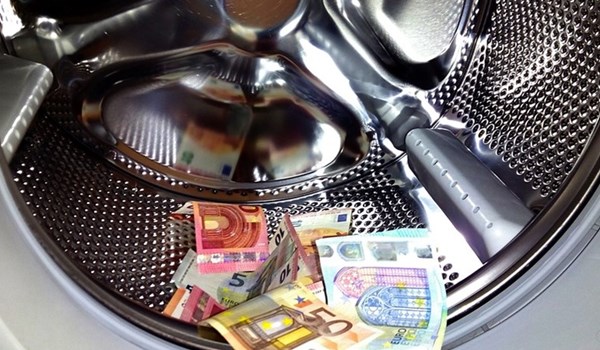Jurisdictions
Regions
Industry Sectors
22/09/20
GLOBAL REGULATION: Major banks call money-laundering leaks ‘historic’.

As published on cyprus-mail.com, Tuesday 22 September, 2020.
Leaked documents showing major bank involvement in money-laundering are “historic,” say Deutsche Bank and HSBC.
Global banks faced a fresh scandal about dirty money on Monday as they sought to limit the fallout from a cache of leaked documents showing they transferred more than $2 trillion (£1.56 trillion) in suspect funds over nearly two decades.
Deutsche Bank said the issues raised in the media reports were “historic,” while the German Finance Ministry said on Monday that the cases linked to Germany in the reports had already been dealt with.
HSBC also said the information in the reports was historic, while Standard Chartered pointed to recent investments to improve its control procedures.
BNY Mellon said it fully complied with all “all applicable laws and regulations.” JPMorgan said it has “thousands of people and hundreds of millions of dollars dedicated to this important work.”
Many of the suspicious transactions were linked to companies incorporated in Britain or offshore British territories, prompting calls from action groups for tougher rules.
“If the government cares at all about the UK’s reputation globally, it must stop rolling out the red carpet to the criminal and corrupt, and refuse to legitimize their money through our companies and banks,” Global Witness said.
The UK government said it was working on reforms to its corporate registry system that will require more checks on company directors.
Global banks in recent years have boosted investments in technology and staff to deal with tighter anti-money laundering and sanctions regulatory requirements across the world.
Thousands of clients were booted out of bank accounts in major wealth hubs including Hong Kong and Singapore after a money laundering scandal in Malaysia, the “Panama Papers” expose, and a global push for tax transparency.
Compliance experts said that part of the problem now was banks were struggling to distinguish between transactions that were and were not suspicious, so were simply filing millions of SARs that enforcement agencies lack the capacity to deal with.
“Lots of banks are struggling with high false positive rates and the backlog (of existing cases). That’s why you see that sometimes SARs were raised over 100 days after the transaction,” said Cliff Lam, a director at AlixPartners in Hong Kong.



